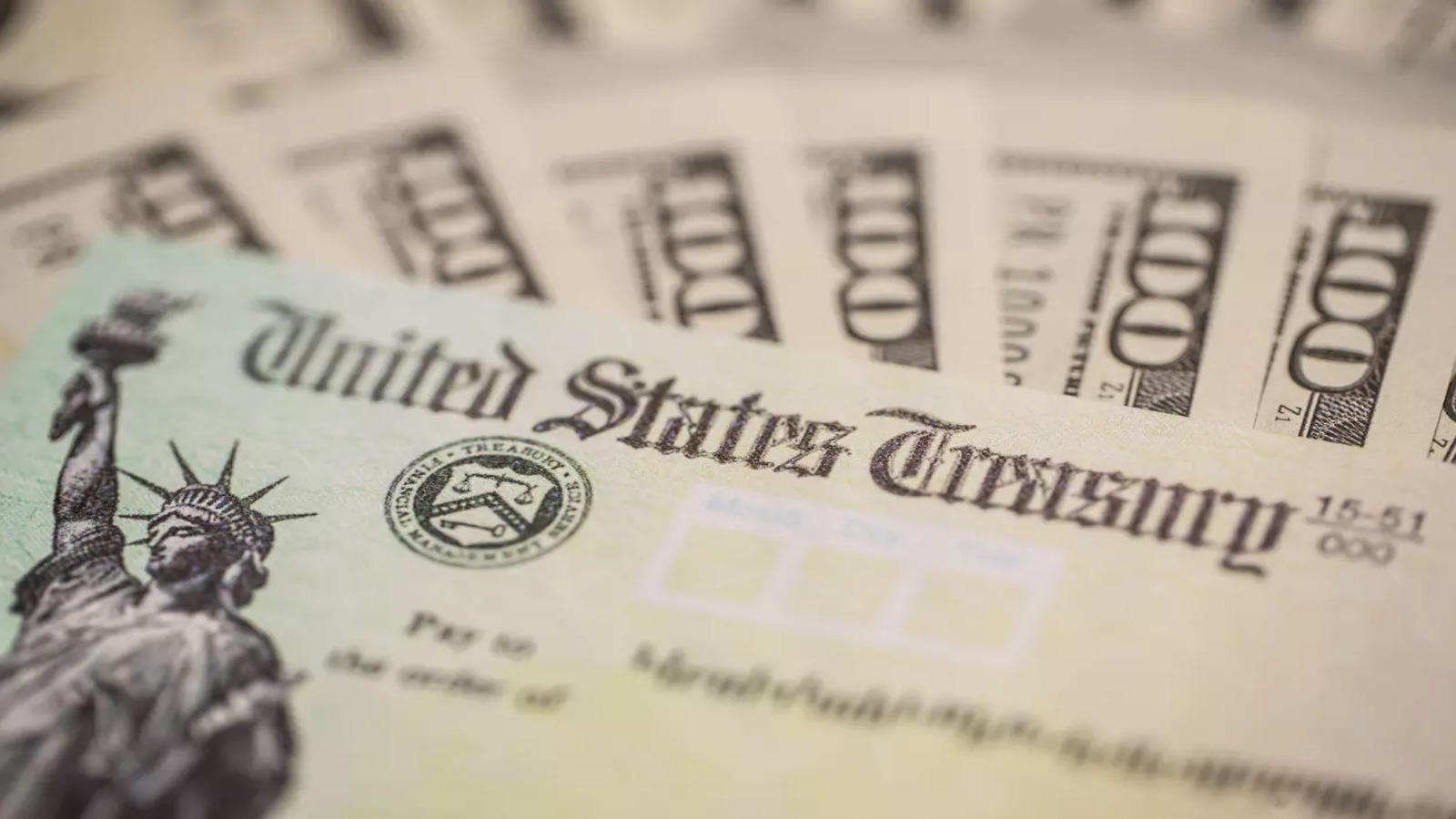According to flash data released on Thursday, annual inflation in the euro zone fell to 2.4% in November from 2.9% in October.
A reading of 2.7% was anticipated by Reuters polling economists.
The European Central Bank’s closely watched core inflation rate, which takes into account only the volatile effects of food, energy, alcohol, and tobacco, dropped from 4.2% in October to 3.6%, which was below forecast.
November’s energy prices, which have dropped significantly year over year, came in at -11.5%. Food, drink, and tobacco had the highest percentages of contribution (6.9%).
Since October 2022, headline inflation has decreased dramatically from its peak of 10.6%. The two biggest economies in the euro zone, France and Germany, have seen a decline in inflation to 3.8% and 2.3%, respectively.
As they keep an eye on possible pressures from wage increases and the energy markets, ECB officials have emphasized time and again that it is too soon to declare victory over price increases in the 20-member euro zone bloc.
The chief European strategist at BCA Research, Mathieu Savary, stated that traders would now be inclined to project when the first ECB rate cut would occur. However, he contended that the central bank’s worries about the tight labor market continued to imply “later rather than sooner rate cuts.”
In October, the unemployment rate in the euro area stayed at a record low of 6.5%, according to separate data released on Thursday by the statistics agency Eurostat. This was the case even though the economy of the euro zone contracted in the third quarter.
Bert Colijn, senior euro zone economist at ING, stated in a note that “signs of an imminent victory on inflation are mounting for the ECB,” adding that some of the effects of the current monetary tightening were still to come.
As a result, the market is correct to begin considering rate reductions for 2024. We believe that the first one may occur prior to summer.





